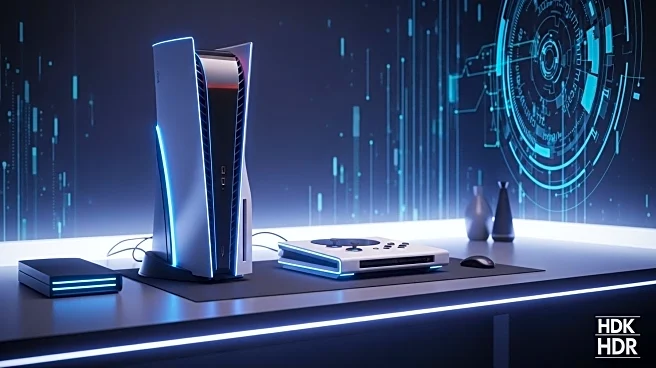What's Happening?
Nintendo is arguing in a lawsuit against Pocketpair, the developer of Palworld, that user-made mods should not be considered 'prior art' because they are not standalone games. This legal stance aims to prevent Pocketpair from using Pokémon mods as evidence of existing gameplay features. The argument has raised concerns in the gaming industry, as it could affect how mods are viewed in terms of intellectual property and patent protection.
Why It's Important?
The outcome of this lawsuit could have significant implications for the gaming industry, particularly regarding the legal status of mods. If Nintendo's argument is accepted, it may set a precedent that could limit the creative freedom of mod makers and potentially allow companies to claim ownership of mod-derived ideas. This could impact innovation and the collaborative nature of game development, affecting both developers and the gaming community.
What's Next?
The lawsuit is ongoing, and its resolution will depend on the court's interpretation of 'prior art.' Pocketpair continues to develop Palworld, with a major release planned for 2026. The industry is closely watching the case, as it may influence future legal battles over intellectual property and mod usage. Stakeholders, including developers and legal experts, are likely to weigh in on the implications of the court's decision.
Beyond the Headlines
The case highlights the tension between corporate interests and community-driven creativity in the gaming industry. It raises ethical questions about the ownership of ideas and the balance between protecting intellectual property and fostering innovation. The debate may lead to broader discussions on the role of mods in game development and the need for clear legal frameworks to support creative collaboration.








